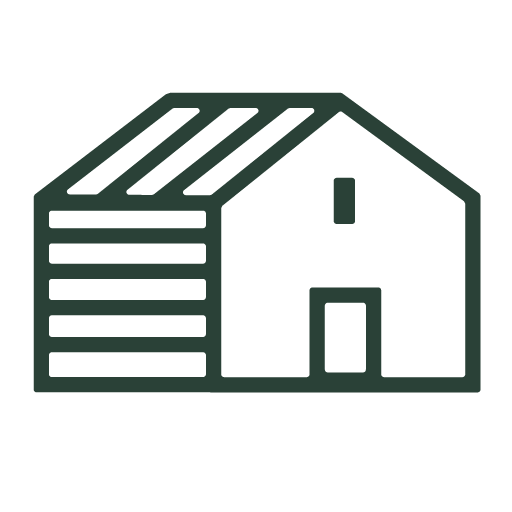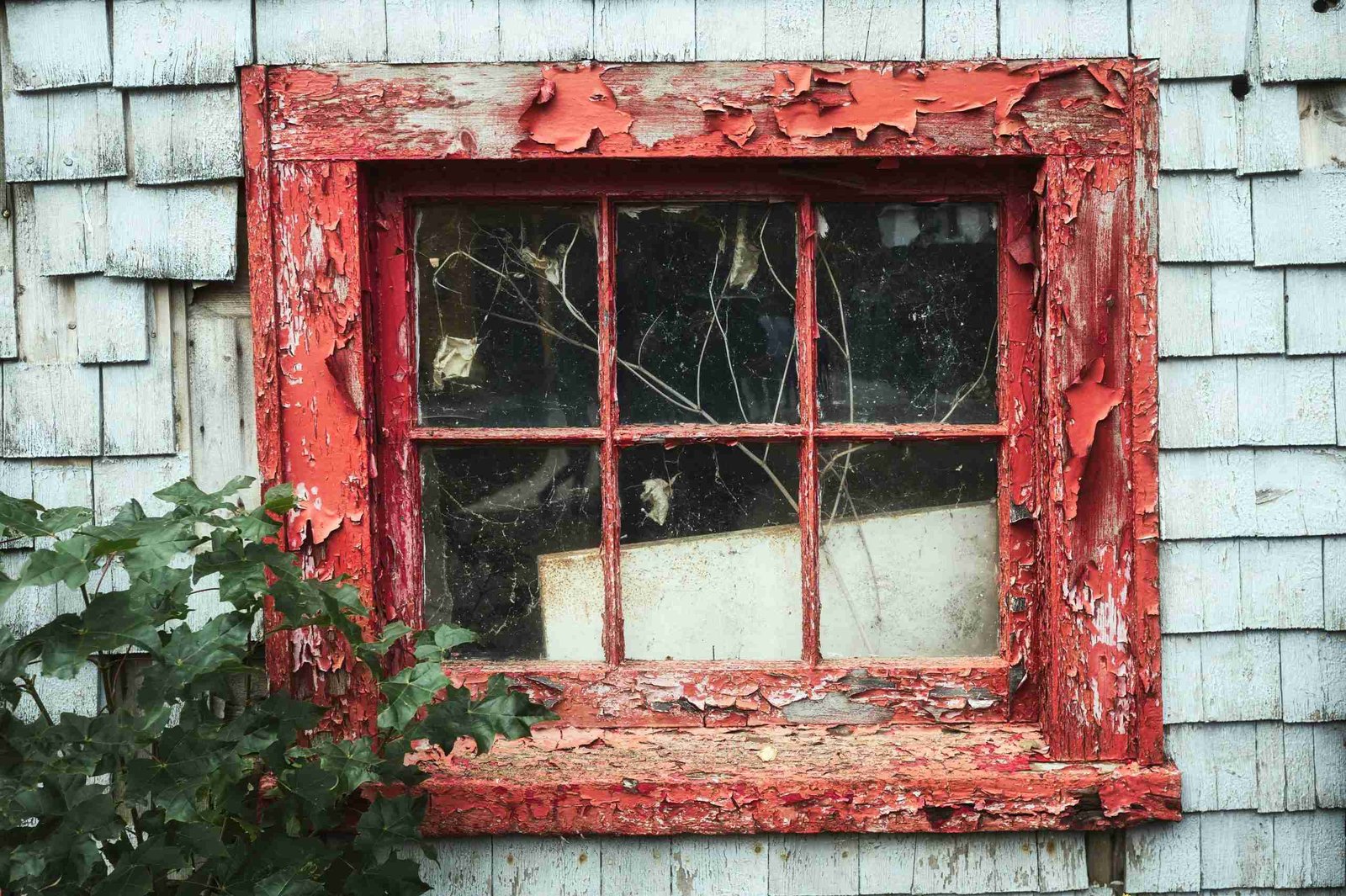
When upgrading their homes for energy efficiency, homeowners often think of insulation, new HVAC systems, or solar panels. One thing they often overlook though is energy loss due to old windows. As windows age, they can become a significant source of energy inefficiency. Read on to explore how old windows contribute to energy loss, the signs that it might be time for new windows, and the benefits of replacing your old windows with energy-efficient ones.
How Old Windows Can Cause Energy Loss
- Single-Pane Windows: Older homes often have single-pane windows, which offer poor insulation. Single-pane glass is not good at keeping heat in during cold spells, nor cool air during hot seasons. The thin glass of a single-pane window allows the temperature outside to easily affect the indoor temperature, making your HVAC system work harder to maintain your desired temperature. This can lead to higher energy bills, especially during periods of extreme weather of which we see more and more.
- Installation Issues: Over time, the framing materials surrounding older windows can degrade. Wooden frames can warp, and caulking can crack and peel away, creating gaps around the window. This allows drafts to get into your home, letting warm air escape during winter and cool air escape in the summer. As a result, your HVAC once again has to work harder to maintain your temperature, leading to increased energy consumption.
- Inefficient Glass Technology: Modern windows are often made with double or triple-pane glass with low-emissivity (Low-E) coatings. These reflect heat back into the home during the winter, and keep it out during the summer. In contrast, older windows lack this coating and the extra panes, allowing heat to easily transfer through the glass. This can lead to higher energy usage and can also create hot and cold areas in your home, making affected areas uncomfortable.
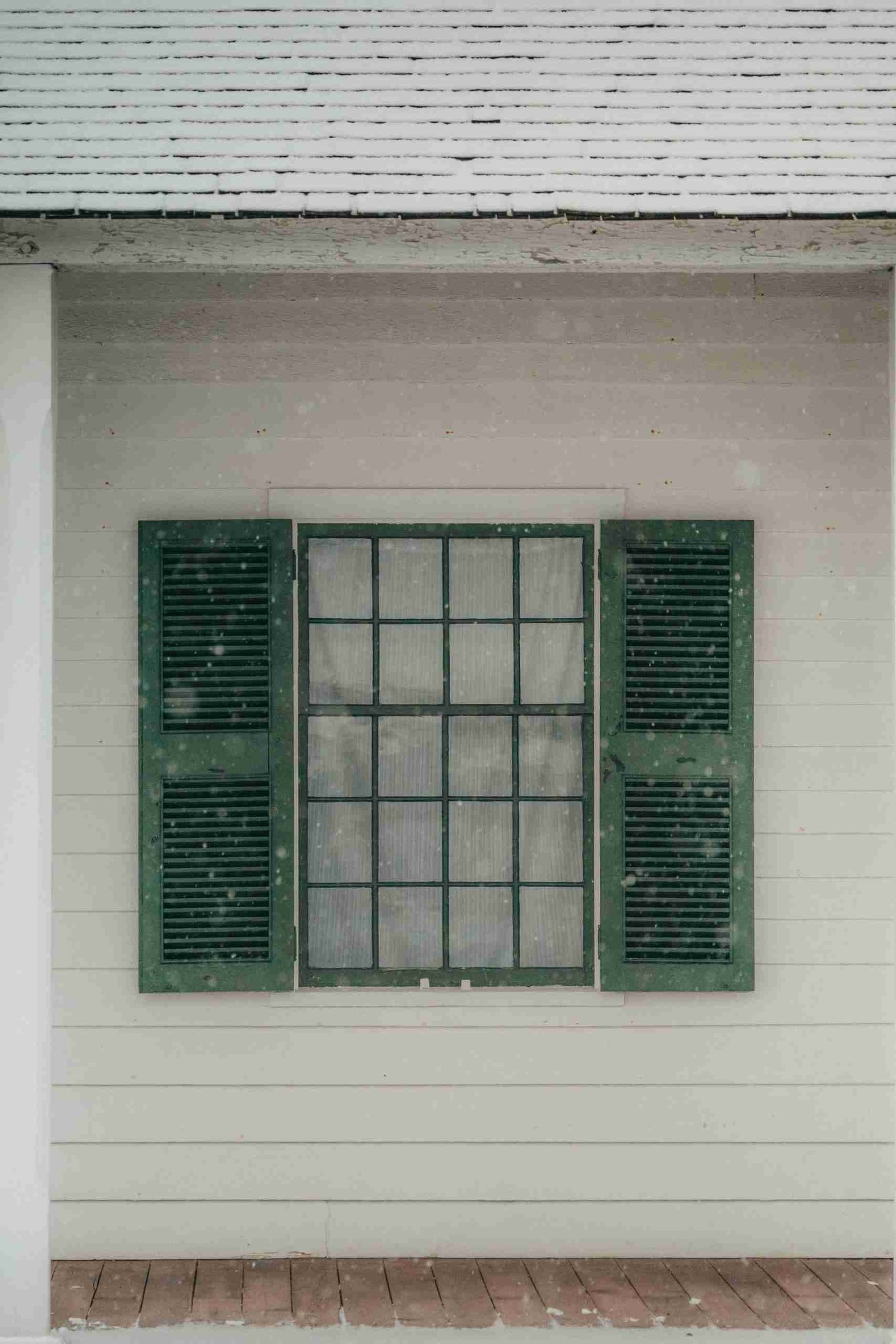
Signs Your Windows Are Due for Replacement
- Drafts: One obvious indicator of energy loss is feeling a draft from your windows when they’re closed. This means air is escaping through gaps or cracks, affecting your home’s temperature and forcing your HVAC system to work harder.
- Condensation or Frost: If you notice condensation or frost on the inside of your windows, it’s possible that your windows are not providing good insulation. This often means that the window’s seals are compromised, and that moisture and cold air are seeping in.
- Difficulty Opening and Closing: If your windows are difficult to open or close, the window’s frame might have warped. Warped frames don’t just affect opening and closing, they can also create small gaps that allow air to enter or escape.
- Increased Energy Bills: Have your energy bills been creeping up more than inflation should allow for? It could be due to old windows. If your HVAC system is running more frequently to maintain its set temperature, old windows could be the problem.
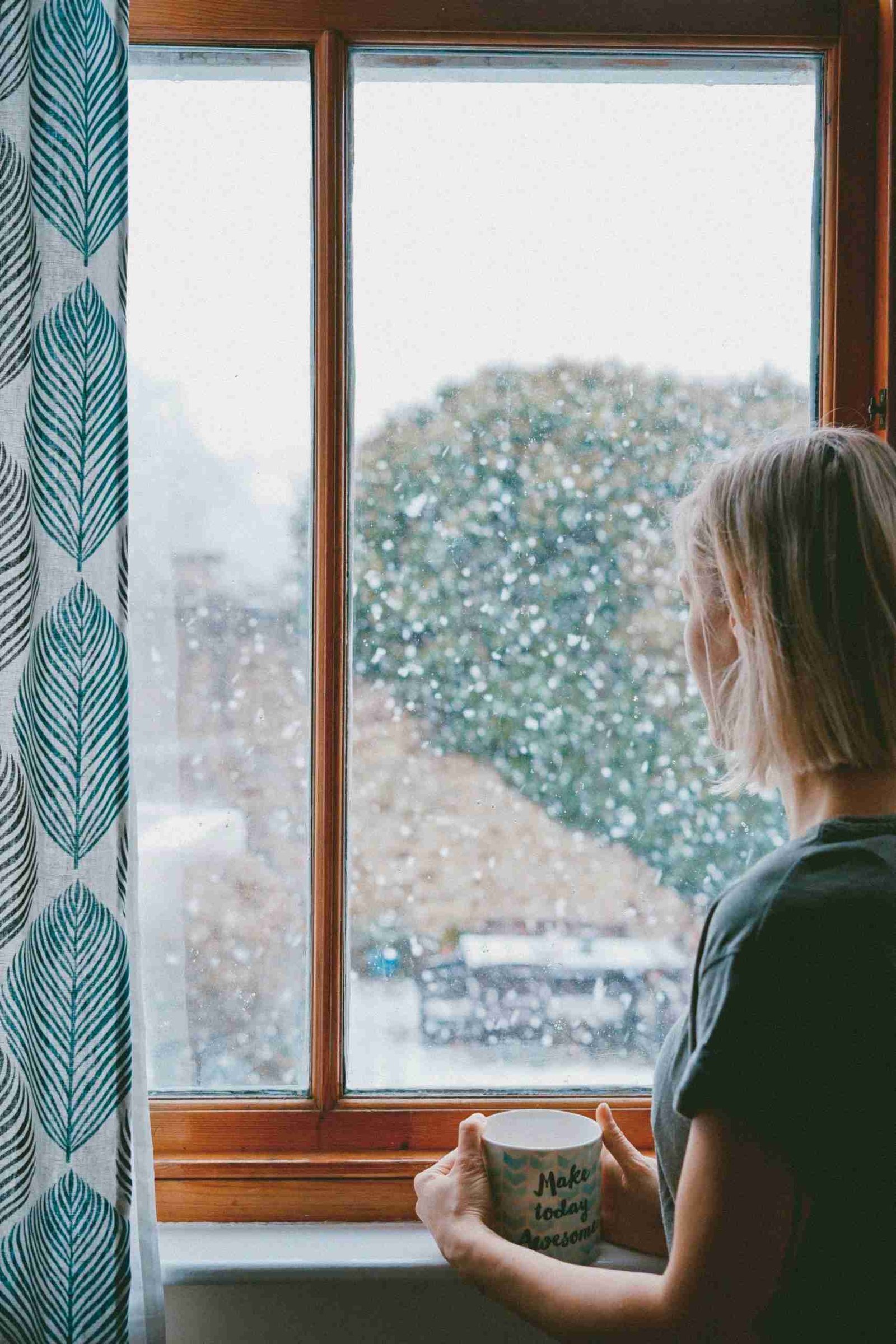
The Benefits of Replacing Old Windows
- Lower Energy Bills: Upgrading to new, energy-efficient windows can reduce your HVAC costs significantly. As mentioned prior, modern windows are designed with insulating features such as double or triple-pane glass, Low-E coating, and sometimes even inert gas-fills like argon or krypton between its panes. These features help to minimize the transfer of heat, keeping your home comfortable and reducing the work of your HVAC system.
- Improved Temperature Control: New windows can eliminate the drafts and cold spots caused by old ones. This helps create a more consistent indoor temperature throughout your home.
- A More Attractive and Valuable Home: Replacing old windows can give your home an updated look. This is important not only for your own enjoyment, but especially if you’re planning to sell your home at some point. Buyers often look for energy-efficient homes, and new windows can be a great selling point. Not only do they add to the aesthetic appeal of your home, but they also show buyers that your home has been well-maintained and loved.
- It’s Eco-Friendly: By reducing your home’s energy consumption, you’re also reducing your energy usage. Energy-efficient windows can help lower the overall demand for pollution causing fuels, contributing to a more sustainable future for you and your family.
Don’t Let Old Windows Freeze You Out
Old windows can cost you more on your utility bills than you might think. Replacing old windows with modern, energy-efficient ones is an investment that not only improves your home’s comfort and appearance, but can also pay off in the long run with lower energy bills.
If you’re interested in new windows or just in seeing if your old windows are a possible problem, reach out to us at Homestead Exteriors, your expert in siding and windows for your home’s exterior.

